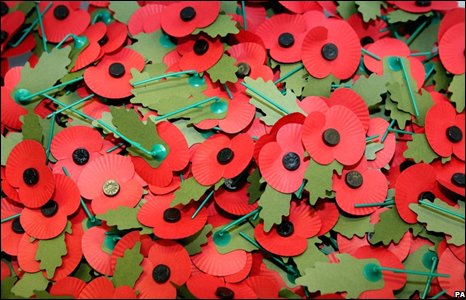The misappropriation of the Great War is something we should all resist, argues Arzu Merali, particularly the trend to equate remembrance day with Islamic history.
Then Abram bound the youth with belts and straps,
And builded parapets and trenches there.
And stretched forth the knife to slay his son.
When lo! an angel called him out of heaven,
Saying, Lay not a hand upon the lad,
Neither do anything to him. Behold,
A ram, caught in a thicket by its horns;
Offer the Ram of Pride instead of him.
But the old man would not so, but slew his son,
And half the seed of Europe, one by one.
Wilfred Owen (1893 – 1918), from ‘The Parable of the Old Man and the Young’
Much excellent writing has been published in this year critiquing the current Remembrance Day culture or giving reasons why not to wear a poppy. Joe Glenton, a former Afghanistan veteran jailed for his refusal to serve a second tour, wrote powerfully about the failure of Remembrance today to reflect the brutal reality of war, instead proffering jingoistic platitudes that mask not honour the soldier. Assd Baig and Roshan Salih offered critiques from a Muslim perspective. Baig spoke of his own family who had fought in the Great Wars for Britain and how he too feels that the poppy symbolises an encouragement to more wars without just cause. Salih gives his view as an erstwhile war reporter, who has witnessed countless deaths at the hands of those whose are now venerated by the poppy campaign. He also refers to others with similar views from the Catholic and nationalist communities in the North of Ireland, who see the poppy as emblematic of those who brutally oppressed them.







